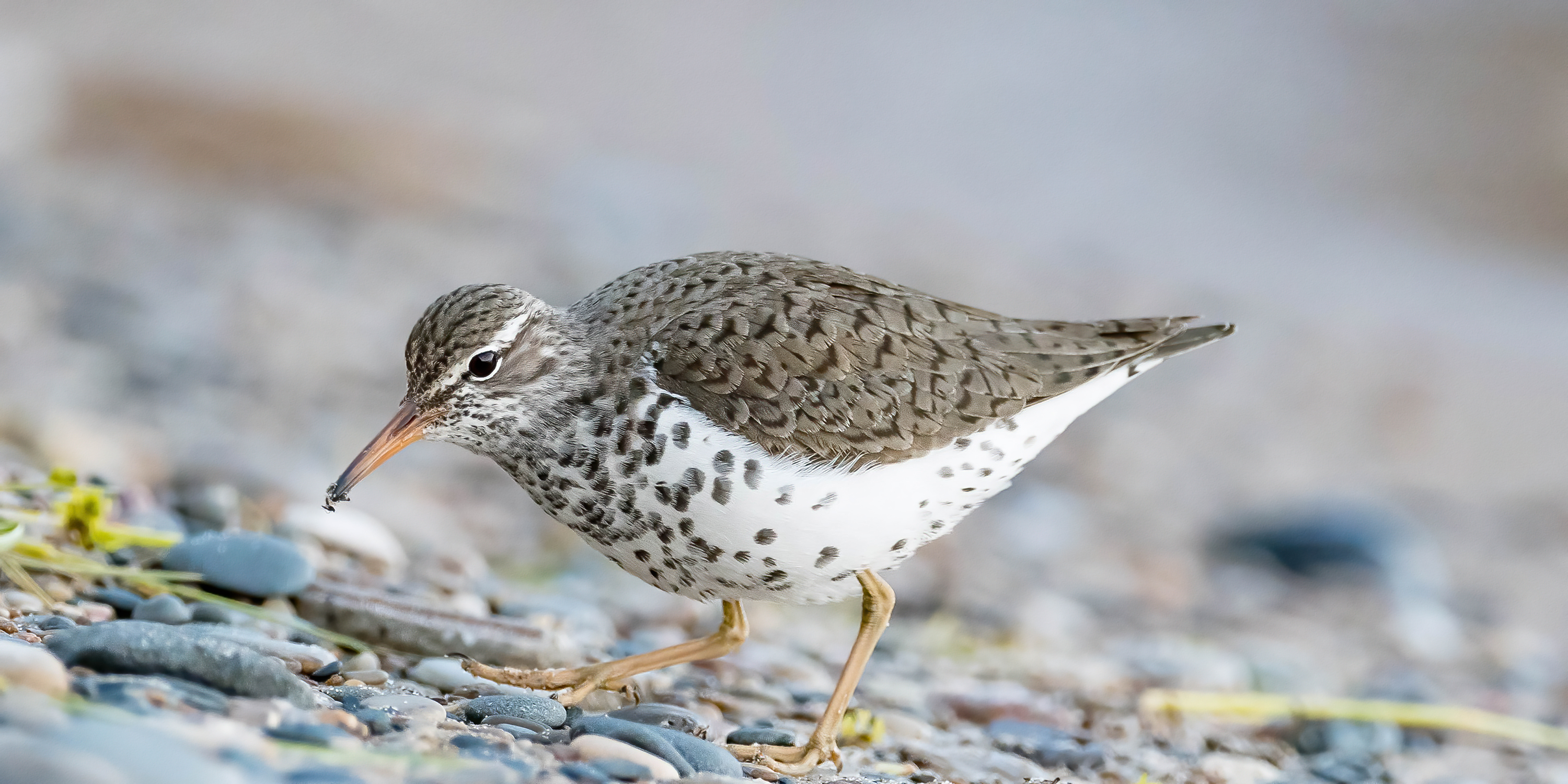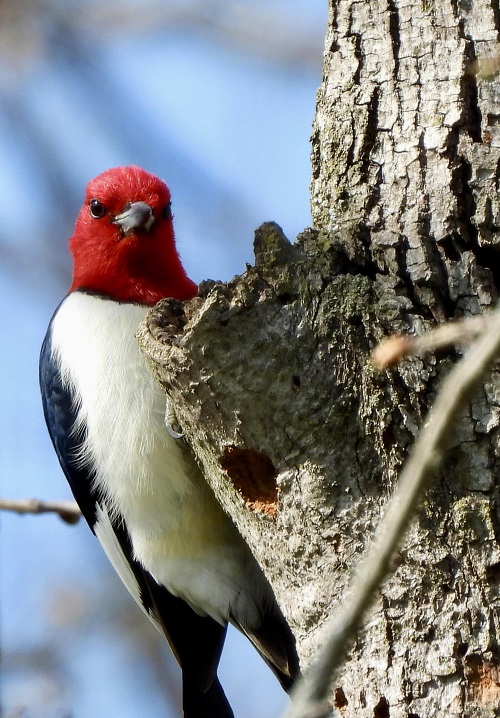The WSO embarked on a planning process in July 2023 to set direction and hone priorities as it continues to evolve.
Stakeholder perspectives informed the process.
A stakeholder engagement process was initiated to gather perspectives from members, volunteers, related representatives, and interested parties. Interviews were conducted with about 20 stakeholders who represented like-missioned organizations, conservation groups, long-term members, and past Board members.
An electronic survey was sent through email, social media, web postings, and word of mouth resulting in 350 responses with representation from across the state; of the respondents about 80% were members of whom 52% were members for 10 or more years. About 80% of respondents were over the age of 55 (61% over the age of 65 years).
A strategic planning team appointed and directed by the WSO Board of Directors worked with an outside consultant to draft the information within this plan. This document will guide the work and board initiatives of WSO, and provide a framework for accountability. This plan can be amended at any time using the organization’s mission and values to guide future goals.
Detailed Strategic Framework: CLICK HERE
Mission – descriptive statement capturing the organization’s purpose, why it exists
Promote the enjoyment, study, and conservation of Wisconsin’s birds
Vision – descriptive language reflecting desired accomplishments, what it wants to achieve
A world in which people share an appreciation for birds and advocate on their behalf
Shared Values – core principles that shape actions by all representing the organization, how it acts
- The natural world, including birds, has innate value.
- Conservation of birds and their environments is vitally important.
- Birds are an integral part of a healthy food chain and a healthy ecosystem.
- The viability of bird populations is a critical indicator for the health of the earth.
- Caring for humanity involves caring for birds.
- Preserving bird habitats enhances our quality of life.
- Enjoying birds builds our sense of wonder about the world.
- Birdwatching helps us understand our shared responsibilities to protect the natural world.
- Birdwatching contributes to a sense of connection and well-being.
- Observing birds in their natural habitat encourages presence and mindfulness.
- Observing birds with others instills a sense of shared appreciation and community.
- Observing birds in the wild fosters a sense of responsibility to protect their habitats.
- Birding knows no bounds.
- All are welcome to experience the wonder of birds and birding.
- Shared experiences and sharing of resources support a stronger future for birds.
- The study of birds benefits from history, experience, and advancement of diverse ideas

